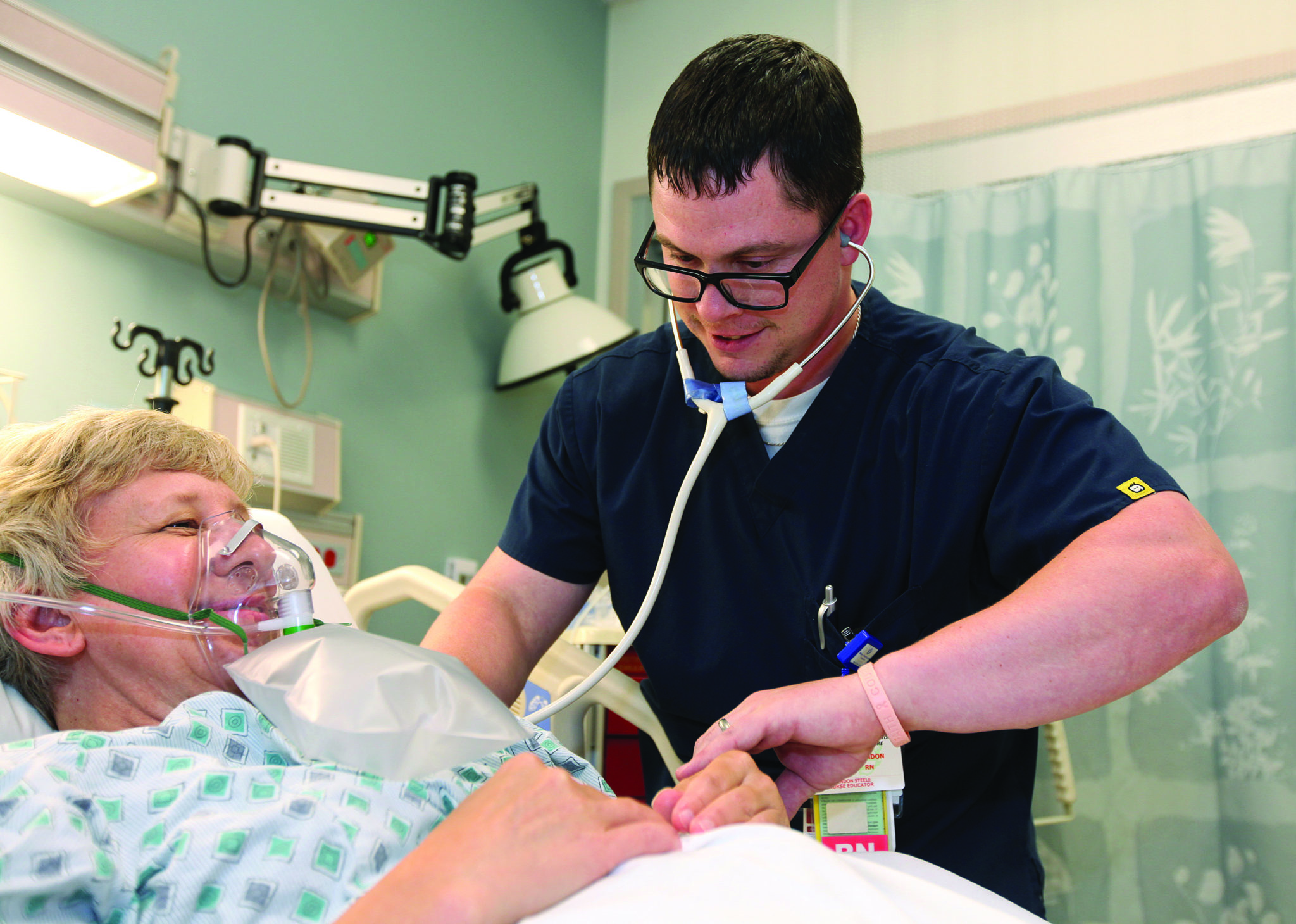If you’re a nurse with a passion for travel and helping people, becoming an international travel nurse could be the perfect career path. This role allows you to work in different countries, gain diverse experiences, and make a meaningful impact on global healthcare. However, it requires specific education, certifications, and preparation. In this article, we’ll explore the steps to become an international travel nurse, the necessary qualifications, and how to navigate the process effectively.
What Is an International Travel Nurse?

An international travel nurse is a registered nurse (RN) who works abroad for short-term assignments. These nurses are typically placed in hospitals, clinics, or other healthcare facilities in countries facing staffing shortages or temporary needs. They perform similar duties as their U.S. counterparts, such as assessing patients, administering medications, and collaborating with healthcare teams. However, they also adapt to different cultural and healthcare systems, which can offer unique learning opportunities.
International travel nurses often specialize in areas like emergency care, critical care, or labor and delivery, as these fields are in high demand globally. Additionally, language proficiency and cultural awareness can be significant assets when working in foreign countries.
Steps to Becoming an International Travel Nurse
To pursue a career as an international travel nurse, you must first meet the basic requirements of nursing education and licensure. Here’s a step-by-step guide:
1. Earn a Nursing Degree
Most international travel nursing positions require at least an Associate Degree in Nursing (ADN) or a Bachelor of Science in Nursing (BSN). An ADN typically takes two years to complete, while a BSN takes four years. Many employers prefer candidates with a BSN, especially for international roles, as it provides a more comprehensive education and better prepares nurses for leadership and specialized roles.
2. Pass the NCLEX-RN Exam

After earning your nursing degree, you must pass the National Council Licensure Examination for Registered Nurses (NCLEX-RN). This exam ensures that you have the knowledge and skills needed to practice nursing safely. Once you pass, you will be eligible to apply for an RN license in the U.S.
3. Gain Clinical Experience
Most travel nursing agencies require at least one year of clinical experience, and international positions may require more. Gaining experience in high-demand specialties like emergency care, med-surg, or critical care can increase your chances of securing an international assignment. Consider starting with domestic travel nursing roles to build your resume before applying for international opportunities.
4. Obtain Additional Certifications
Certifications can set you apart from other candidates and increase your employability. Popular certifications for international travel nurses include the Certified Emergency Nurse (CEN) and the Certified Critical Care Nurse (CCRN). These credentials demonstrate your expertise in specific areas and can open doors to more competitive assignments.
5. Secure Proper Credentials
In addition to your RN license, you’ll need a valid passport, a work visa, and up-to-date vaccinations. Some countries may also require proof of language proficiency, such as a TOEFL or IELTS score. Research the specific requirements of the country where you plan to work to ensure you’re fully prepared.
International Travel Nurse Education and Licensure
Most organizations prefer a BSN degree, which you can complete in two years if you already have an ADN. The curriculum includes courses in nursing fundamentals, physiology, mental health, leadership, pharmacology, and ethics. You’ll also develop essential clinical skills, such as taking vital signs, inserting catheters, and managing wounds.
For those starting with an ADN, there are bridge programs that allow you to earn a BSN in about two years. These programs are ideal for nurses looking to advance their careers and qualify for international travel nursing roles.
Working as an International Travel Nurse
Once you’ve met the educational and certification requirements, you can begin searching for international travel nursing opportunities. Many nurses sign up with staffing agencies that specialize in connecting nurses with global assignments. These agencies handle the logistics, including housing, visas, and payroll.
The average salary for an international travel nurse is around $110,132 per year, according to ZipRecruiter. Salaries can vary depending on the country, specialty, and length of the assignment. Some positions may also offer additional benefits, such as housing stipends, travel allowances, and health insurance.
International travel nurses often work in hospitals, clinics, research organizations, and humanitarian aid groups. While some focus on direct patient care, others may work in administrative or educational roles. Regardless of the setting, the opportunity to work in a new culture and learn from different healthcare systems is a major draw for many nurses.
Tips for Prospective Travel Nurses
- Use an International Nursing Recruiting Agency: These agencies can help you find assignments in countries that match your skills and preferences. They may also provide support with visas, housing, and other logistical needs.
- Research Country-Specific Requirements: Each country has its own licensing and documentation requirements. Make sure to review these carefully before applying for an assignment.
- Build Cultural Competency: Understanding the local culture, language, and healthcare practices can enhance your effectiveness and job satisfaction.
- Plan Your Budget: International assignments may involve different tax structures, currency exchange rates, and living costs. Plan accordingly to ensure financial stability during your assignment.
Conclusion
Becoming an international travel nurse offers a unique blend of professional growth and personal adventure. It requires dedication, preparation, and a willingness to adapt to new environments. By following the steps outlined in this article, you can position yourself for a successful career in global healthcare. Whether you’re interested in working in a hospital, clinic, or humanitarian organization, the opportunities are vast and rewarding. With the right education, certifications, and mindset, you can turn your dream of traveling the world as a nurse into a reality.




